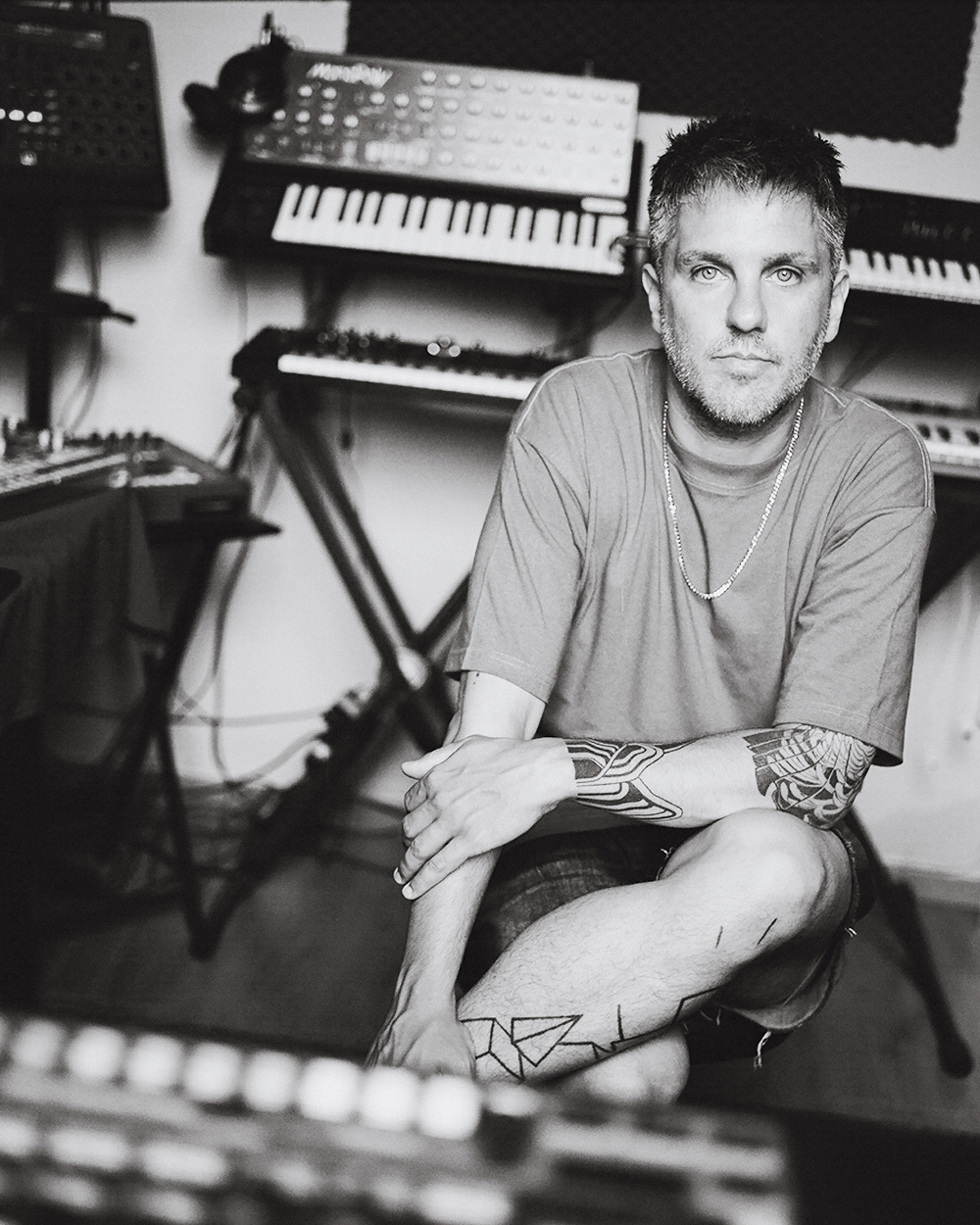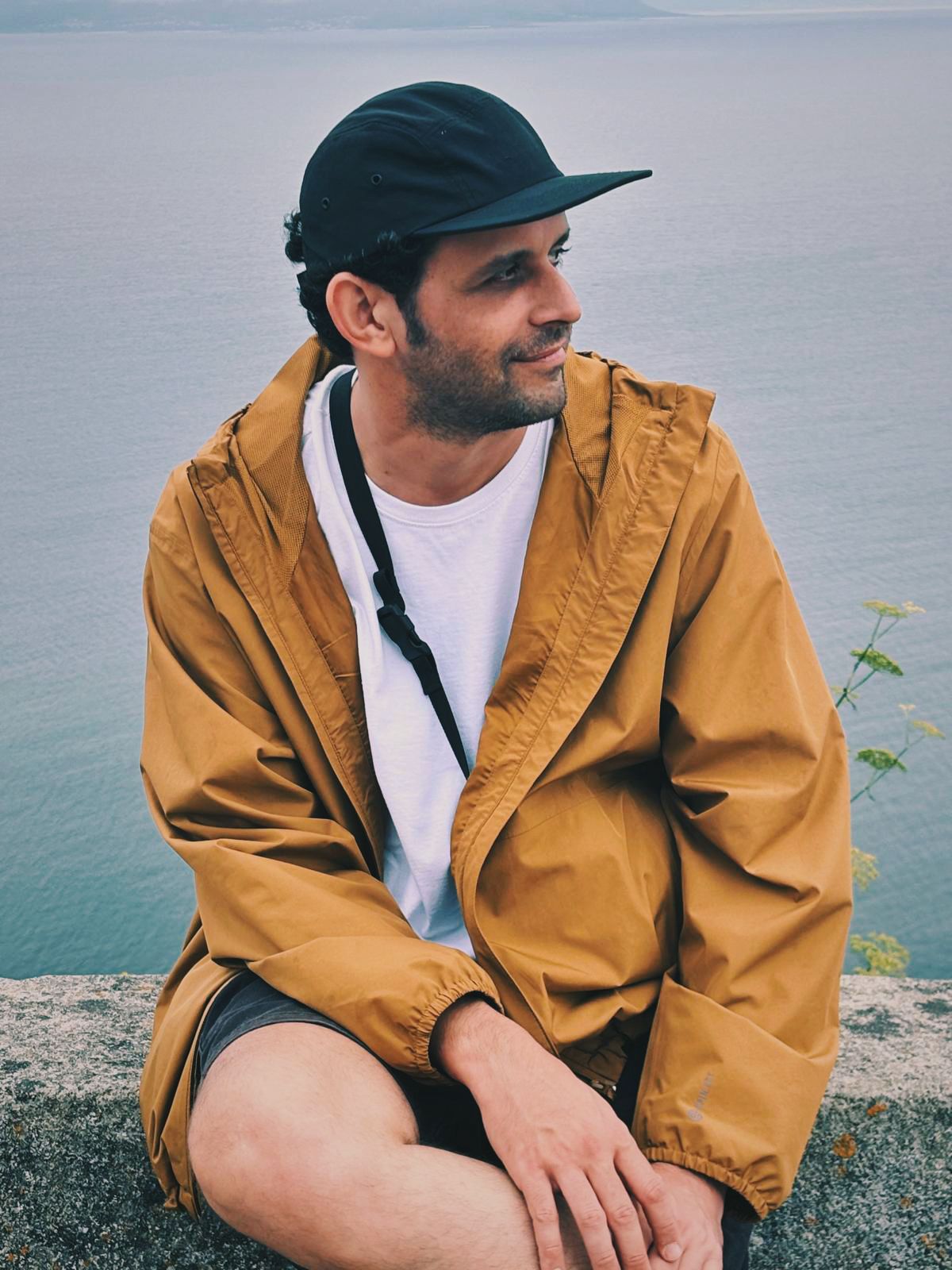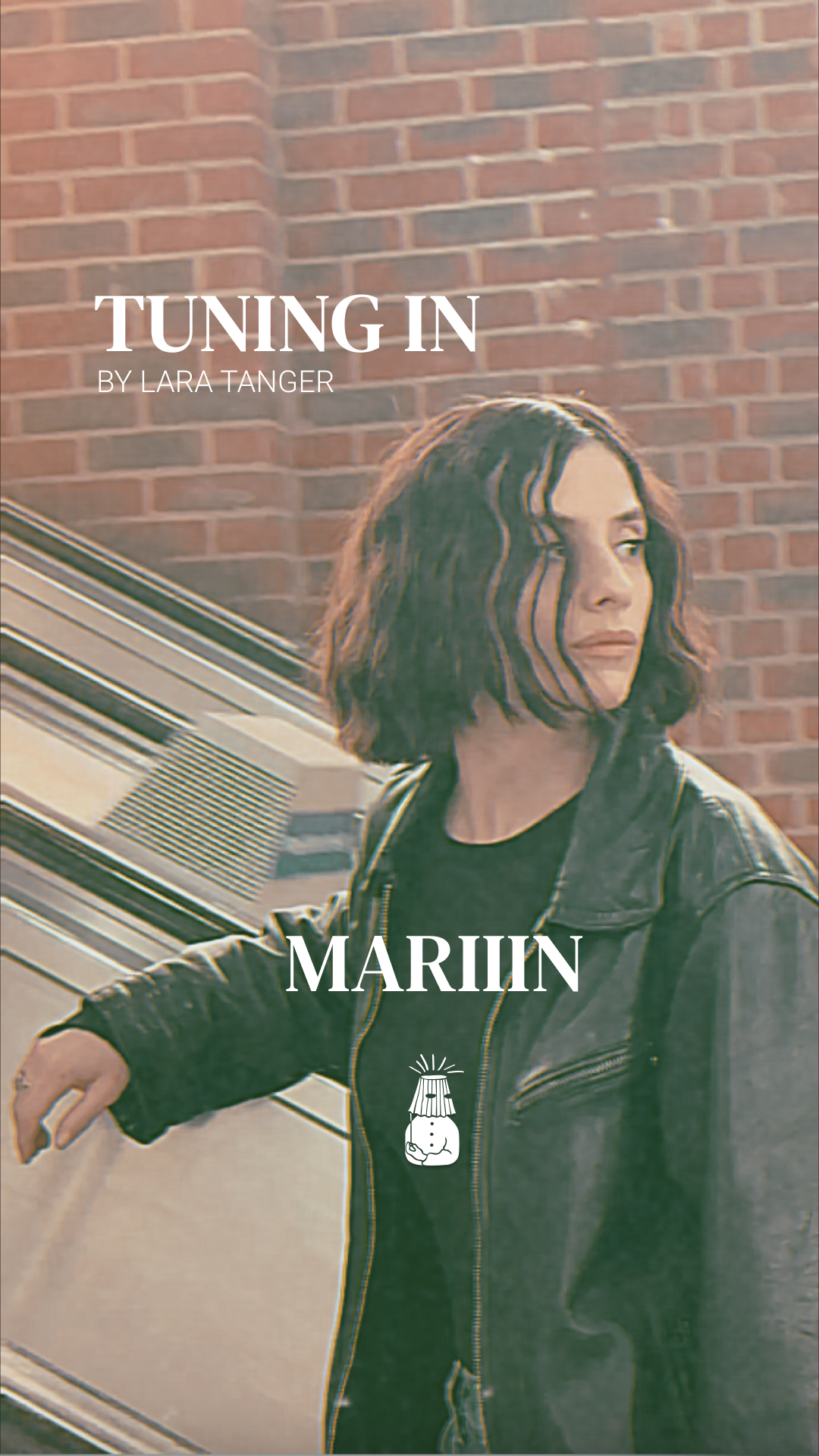Melcure’s name references the healing nature of dancefloor doses, as Momo Trosman puts it: “When I play it's one of the few moments where I forget about everything and I'm just having fun with people and music. That basic thing is hard to find and it's very important.”
Run by Dani Casarano, Felipe Valenzuela, Momo Trosman and Abscal since 2017, Melcure focuses on this simple perspective of dance music and community while pushing a contemporary take. From its releases, including ninth outing ‘Life On Earth’ by Wil Do dropped last month, to parties hosted at spots around Latin America and Berlin staples Club der Visionaere and Hoppetosse. Melcure is a hybrid between the crew’s previous labels Cure Music and Melisma, and bridges the gap between each of the artist's backgrounds, and the underground scenes in Europe and South America. The latter centering around parties at Avant Garten in Buenos Aires where Momo Trosman is based.
Dani and Felipe now residing in Berlin met in Chile and started Melisma together in 2009, with artists such as Cesar Merveille, Julien Bracht and Nima Gorji in its discography. Dani Casarano came to the country from Switzerland to accompany his childhood friend Luciano in 1997 for a trip and ended up staying for a decade. Originating from Chile, Felipe Valenzuela was initially a classically trained musician playing rock until a friend introduced him to Luciano and Ricardo Villalobos and the music they were making at the time. Proving club culture’s reliance on, and the power of people and connection. “When I found electronic music, directly into this world of ‘special music’ not commercial, I immediately got involved,” Felipe states.
.jpg)
After Momo warmed up for Felipe and they became quick friends they created the Cure Music imprint. Then eventually the two projects merged into Melcure, initially for a one-off EP and event for Barcelona’s Off Sonar in 2017. The night was an unexpected success, Dani laughs as he recalls how police officers tried to close down the afterparty, though they didn’t answer the door to them. “Then somehow we got stuck into the Melcure world,” says Felipe. “Momo had this new approach and clear vision of what he wanted.”
Momo expands on the label’s identity: ”We really care about all of the project, the quality of the records, the mastering, and also the graphic design. It's all really important, we are looking for the best quality. We put a lot of effort and time into the graphics, the concept was developed by us and a talented designer Francesca.”

“It was a mess,” says Dani on running Melcure before Abscal joined them a few years ago and added his administrative expertise. As Felipe puts it, they are musicians first and foremost rather than business people, which can prove frustrating. In the ever-competitive and always-evolving space, promoting is no easy feat: “Things have also changed here in Berlin. Before me and Dani could play for the whole night with no problem, but now there's much more competition and we have to bring names. That's more investments, more headaches.”
South America is similarly a challenging but surprising place to operate as a DJ, “The clubbing scene here is very special, every country is different,” Momo tells us. “You have to be prepared for everything. Maybe you are used to Europe where everything is working, that the airports work perfectly, or the turntables and soundsystem. South America is more rough and difficult, this makes you more professional, we are used to these kinds of things. The vibe can be super energetic and interesting.”
“In Argentina we have a lot of difficulties, we are really far, and our economy is destroyed. The fees are super low, our government isn't pushing for us to gain information, for example, buying records from here is almost impossible. I'm a freak and I always find a way to do it, it's also very expensive. But there is the young generation who are doing very interesting things and find a way to deliver something good,” Momo adds on his homeland.
“Argentina is developing really fast, and along with Brazil and Chile are the bigger markets, and push more mainstream music but also have collectives for underground music. The scene in Uruguay works as a community and this is very important – it's the key to their success. And they are super talented and sick DJs. Paraguay has something special going on, there are a lot of super good parties, the DJs from Europe can't wait to play there.”
Felipe explains how things have shifted on the continent: “Me and Dani were fortunate to always have good record stores around us in Chile. We have a huge collection, we only had turntables in the club. Santiago had five or six stores, it gave us the chance to develop ourselves in a different way. Even though this does not exist anymore, we were the only country in South America that was having this kind of possibility. As Momo said, Argentina is in a big moment regarding artists and development. In Chile it's the total opposite, things are shrinking, many years ago we had the biggest link between Europe and South America.”
Running a label internationally is easily done with the internet the team say, which Felipe highlights is also a market research tool that wasn’t there before, “It gives you the opportunity to go further.” Though social media has changed the industry and added pressure to DJs, Felipe shares: “I still remember the first time I saw someone making a video in a club. Now if you don't make a video you weren't there. It's kind of ridiculous but it's the reality. In Berlin it's forbidden, here we're more protected; I think it's important. Though of course, people want information about how the party was.”

“There's a lot of big talents who are not interested in this world [social media] and are not going to be able to shine as some others, who are maybe not so interesting. For me it's a big pain in the ass to make a picture or make a video, or document myself in the studio. Unless you know me you will never know how things are. Out of all of us the one who has things more sorted is Momo, he's a millennial and he knows how things work,” Felipe continues. “We have to be honest, we're coming from another generation, the new one is 15 years younger. They don't know who we are, or what we're coming from, or what we did.”
Reflecting on other changes, Dani notes how the music switches from one trend to another at a seemingly greater pace: “In the last 10 years the music has changed a lot and now it evolves really fast from one sound to another. There's a lot of young talented artists inside this loop as well now. We were trying to find our place to find this is too old or over. We try to find a balance between all the things we've done in the past and all we're doing now. It's not easy.” Felipe says it’s a delicate double-edged sword, “Everyone is doing their own thing and they push their own sound. There’s a chance you can get lost trying to be different or special.”
In 2023 Melcure plans to focus on quality releases, including a milestone 10th release due out this year, and build its dancefloor community at their residences while venturing to new spots too. “We are playing more and organising a festival in Majorca. We are bringing more artists into our community, to build something bigger. This is the point. For several years we were in the capsule of our own things, releasing our music and doing some parties. Now we are again growing in this music scene,” adds Dani.
“Melcure has always been about taking risks and I think it's important to continue on this path,” Felipe concludes. “I am wondering what point we’re going to be at in a few years and it's giving me a lot of excitement. Of course, we're not kids anymore but there's still some energy.”
Follow Melcure:


















